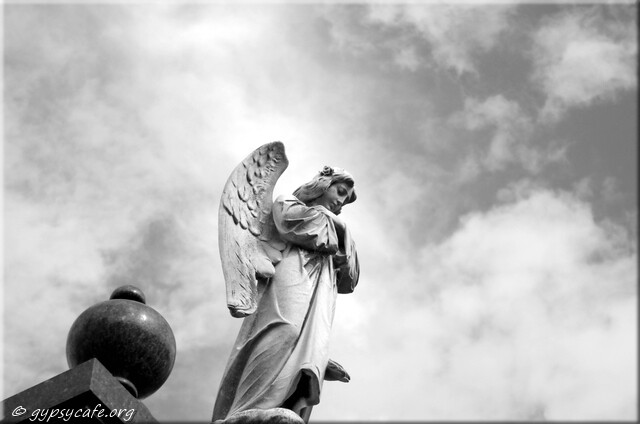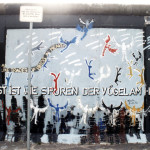
“All the world’s a stage” – Shakespeare
We are all actors in the theatre of life and we all play our parts, consciously or unconsciously
At this moment in time – in space and time – we find ourselves in a shifting paradigm
In the old (still present) age it has felt like the stage had been set. Most of us have simply been reading our lines without questioning why we were in the theatre in the first place.
In the new age our roles will be more clear. A more constructive, creative paradigm is about to appear.
The old, decaying stage has been taken over by bad actors. It is rapidly deteriorating and ethical actors are looking for an ascending stage to board.
Standing on the edge of the old, looking out for something new, a new stage comes into view.
While the old stage required clever acting with sophisticated masks, the new one calls for simplicity, authenticity and sincerity. It is also looking for hard workers that are up to the task.
Old stage acting on the new platform is bound to fail, because as we shift, masks come off and stage curtains lift. Roles are changing.
Transitioning actors are rewriting the script and making sure that parts are flipped, from low to high-end performances.
By taking the spectator’s view, scriptwriting actors carefully observe themselves. Here they self-identify areas that need improvement.
The most challenging part is for actors to acknowledge their own low-level acting. Those who do, will understand how to go through.
A drama, once scripted to end in tragedy, is being reworked into a coming-of-age tale of transformation, rebirth and altered fate.
Should the old stage fall away (a real possibility) early-bird actors will already be in another play. This is a multi-dimensional theatre.
The transformation of surface acting to core acting is being helped along by a new element filtering into the auditorium. The atmosphere is changing.
Although the new stage promises to accommodate all willing actors from the old play, many of them remain more comfortable with decay.
The old and new stages overlap, but eventually from each other they will shift away. Making the transition sooner will be easier than later.
The new paradigm is not for the faint-hearted. It will demand active stage maintenance and committed stage management from the outset while acting responsibly towards the entire spectrum of life within the theatre.
This project is not for the faint-hearted. If you can find your heart you can find your way. That is the reason why, at the end of the day each scriptwriter will have a say about the final stage in his or her own play.
—
By J.J. Montagnier
Copyright © 2016 · All Rights Reserved
[Updated/edited: 23 April 2019; originally published: June 15, 2016]
Also see: What is Enlightenment?


5 Comments
Wow…you’ve done a brilliant job of summing up the current phase of the world. In a way, I think the ancient Maya were right about 2012. We are only four years past that one, and it’s becoming increasingly clear that the old way of acting is no longer sufficient. As you put it, a new stage is appearing: one that requires a much broader perspective.
Thank you Josh for your feedback. When I visited Guatemala last year a Mayan site guide told me that the transition from one age to the next is expected to take about 120 years. So if we are only 4 years in, it is early days yet! Considering that these ages last around 5100 years (according to the Maya and other ancient cultures), 120 years is not that long. In 60 years from now we should therefore already be half-way into the transition – that is if we (our societies) don’t disintegrate in the meantime. Working out an orderly transition containing a world-view and mindset that would facilitate progressive sustainability with minimal disruption and upheaval seems to be the challenge. As you said – a broad view will have to be taken – and in my opinion, one that builds on the old to create the new, without having to discard the old completely. Metaphorically the “old stage” we need to leave behind is our old way of thinking (living from our “lower selves” as opposed to our higher selves). From a practical day-to-day living point of view a lot of adjustments will be needed. We are only at the very beginning of starting to think about what this new stage would look like, but we don’t have very much time – it would seem that to an extent all the current crises could potentially spiral out of control. As long as we are having this debate amongst ourselves and start sharing our vision for the future while looking at realistic practical solutions, I believe we are on the right track, but it would need as many people as possible to engage with the subject.
superbly crafted script
worthy of billions of cast members,
each one adding their own
brief brightness to this
fleeting shadow play 🙂
🙂 🙂
Pingback: The Yin and Yang of Spirituality - Gypsy Café : Gypsy Café